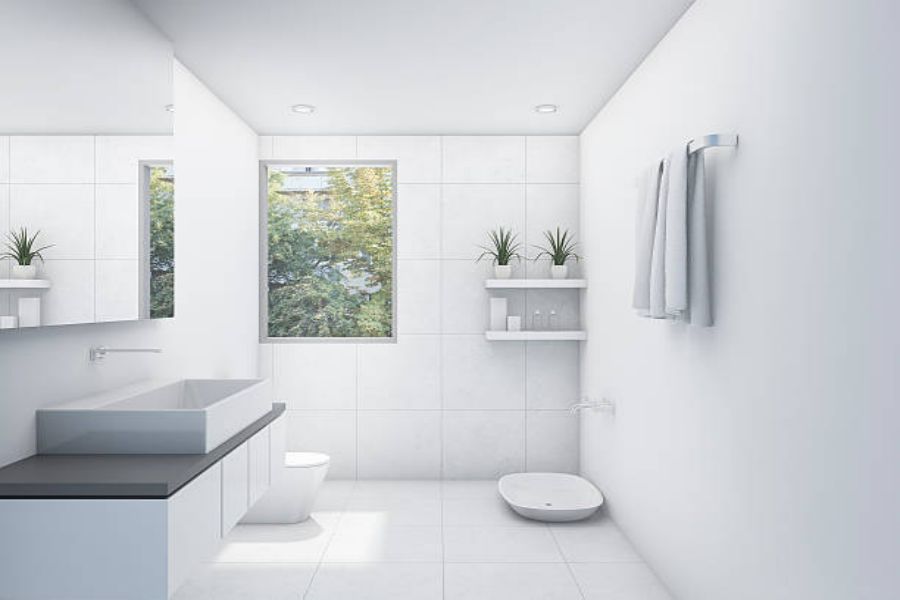Introduction
Smart technologies have revolutionized every aspect of life, and home plumbing is one of them. With the advent of smart homes and IoT devices, smart toilets have become increasingly popular. A smart toilet is a high-tech toilet equipped with features like automatic cleaning, lid opening, seat heating, flushing, air-drying, odor control, and even analyzing urine samples. These features are designed to enhance users' hygiene, comfort, and health. In this article, we will explore the pros and cons of getting a smart toilet and help you make an informed decision.
Pros of Getting a Smart Toilet
Enhanced Hygiene
One of the primary advantages of smart toilets is that they promote superior hygiene. They use advanced technologies like motion sensors and self-cleaning systems to eliminate bacteria and germs effectively. Moreover, some smart toilets come with UV light technology that destroys bacteria and viruses. This feature protects the users from infections and diseases, making it an ideal choice for people with weakened immunity.
Comfort and Convenience
Smart toilets come with features like heated seats that make them very comfortable to use, especially during cold weather. Some smart toilets also have adjustable water pressure and temperature to suit the user's preferences. Additionally, some models come with a bidet function that eliminates the need for toilet paper, making them eco-friendly and convenient for users with mobility challenges.
Improved Health Monitoring
Smart toilets are equipped with sensors that analyze the user's urine and provide relevant health information. This feature is particularly useful for users with chronic conditions like diabetes, kidney disease, or bladder infections. It helps them monitor their health and detect abnormalities early, enabling them to seek medical attention in time.
Savings in Water and Energy Usage
Smart toilets have efficient water-saving features that help minimize water wastage. They use low volumes of water per flush, making them eco-friendly compared to traditional toilets. They are also designed to conserve energy, with some models using solar power to operate.
Cons of Getting a Smart Toilet
High Cost of Acquisition
Smart toilets are more expensive than traditional toilets, and this may be a downside for budget-conscious homeowners. The cost of installing a smart toilet varies depending on the model, installation requirements, and labor costs. The additional features and technologies make them a luxury item, which might not fit everyone's budget.
Complicated Maintenance
Smart toilets require regular maintenance to keep the features and systems working optimally. The complicated technology requires specialized knowledge to repair and replace faulty components. This means that users may have to spend more time and money on maintenance than they would on a traditional toilet.
Potential Privacy Concerns
Smart toilets come with sensors and cameras that collect data about the user's habits and preferences. This data can be used to target users with personalized ads or sold to third-party companies. Additionally, hackers can intercept the data and use it for malicious purposes, compromising the user's privacy and security.
Dependence on Technology
Smart toilets rely on electricity and technology, and the lack of a power backup can render them useless during power outages. This is inconvenient, especially for users with mobility challenges or medical conditions that require frequent toilet use.
Conclusion
Smart toilets are a revolutionary plumbing fixture that offers users convenience, comfort, and hygiene. They utilize advanced technologies to enhance the user's health, monitor chronic conditions, and minimize water and energy usage. However, they also come with downsides like high cost, potential privacy concerns, complicated maintenance, and dependence on technology. Overall, getting a smart toilet is a personal decision that depends on your budget, preference, and lifestyle.

